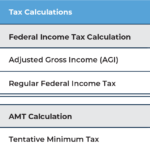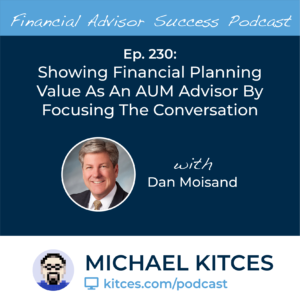
There are many aspects of equity compensation that benefit both employers and employees, making it an attractive and lucrative niche for financial advisors. And while some financial advisors may be met with some basic challenges to establish a practice in this space, those who invest time to learn about the industry and its planning nuances may find ample business opportunities and a rewarding level of success.
There are three primary tiers of equity compensation recipients, the first of which includes C-suite executives. These employees receive numerous and sizable grants from their company and may greatly benefit from financial planning services but, while the C-suite executive may be the most financially promising client, they are generally also the hardest to engage by advisors not already affiliated with the company, as these employees are often already provided with comprehensive advisory services (provided by a wide range of competing providers of equity compensation guidance) as part of their employer benefit packages. The second tier includes the middle management group of directors and other critical staff, who represent a client ‘sweet spot’ for advisors to target. These prospects tend to be high-net-worth individuals with substantial stock holdings and options, but without the same access to comprehensive financial guidance that C-suite executives may receive. The last tier of equity compensation recipients includes non-executives and non-key employees who tend to receive the least generous benefits. While these employees may not generate much revenue for financial advisors outright, they should not be dismissed entirely – not only do they hold potential for their own financial growth, but they also help financial advisors better understand the company’s benefit plans and can serve as a valuable referral source.
In addition to identifying and pursuing their ideal equity compensation client, advisors will also need to develop a systematic process to analyze the broad spectrum of equity compensation benefits that a company offers its employees. This process generally consists of valuation and investment risk analyses and is often followed by some degree of tax strategy modeling, depending on the complexity of the client’s benefit package and their particular planning needs. Advisors will need to gather key information not just about the equity compensation plan itself (e.g., the client’s grant summary statement and vesting schedules, along with information about the company shares the client may already own), but also about the client’s other portfolio assets and tax situation. Helping clients understand how best to manage their options through tax-efficient diversification strategies can be an invaluable service, and showing clients exactly how to optimize their assets in the broader scope of their comprehensive financial planning goals will undoubtedly go a long way not just in building client awareness and trust, but in also creating valuable referral credibility and networking opportunities through existing clients.
Ultimately, the key point is that the equity compensation niche can be an attractive and rewarding opportunity for financial advisors, and by investing resources in seeking out prospects that work for particular companies, advisors can begin to really lean into and grow their niche. Financial advisors need not be intimated by large advisory firms who may seem to be competitors in the equity compensation space, as middle-tier employees provide ample opportunities for independent advisors to offer valuable and high-quality guidance, offering both the client and the advisor a rewarding planning-oriented experience!


 Welcome back to the 234th episode of the Financial Advisor Success Podcast!
Welcome back to the 234th episode of the Financial Advisor Success Podcast!

 Welcome back to the 232nd episode of the Financial Advisor Success Podcast!
Welcome back to the 232nd episode of the Financial Advisor Success Podcast!


 Welcome back to the 230th episode of the Financial Advisor Success Podcast!
Welcome back to the 230th episode of the Financial Advisor Success Podcast!


